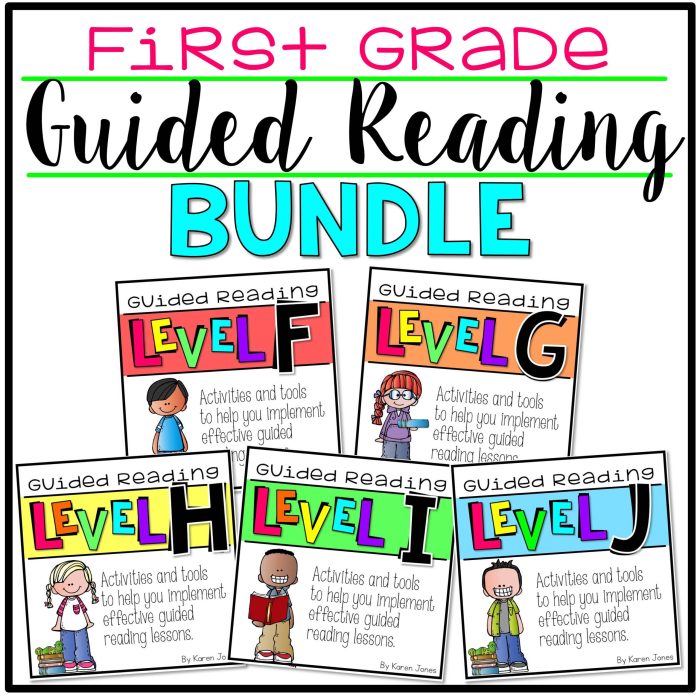Guided reading activity the reach of imperialism – Guided Reading Activity: Exploring the Reach of Imperialism embarks on a journey to illuminate the multifaceted concept of imperialism, its historical significance, and its enduring impact on global affairs. Through engaging discussions, thought-provoking questions, and carefully curated reading materials, this activity delves into the intricate web of imperialism, its consequences, and its lasting legacy.
Imperialism, a complex and often contentious phenomenon, has shaped the course of human history. This activity provides a platform for students to critically examine the concept, its motivations, and its profound effects on societies and economies worldwide.
Guided Reading Activity

Guided reading is a structured approach to reading instruction that supports students as they develop their comprehension skills. During guided reading, the teacher facilitates a discussion about a text, providing guidance and support as students read and understand the content.
This approach allows students to develop their reading fluency, vocabulary, and comprehension skills.
Benefits of Guided Reading, Guided reading activity the reach of imperialism
- Improves reading comprehension by providing support and guidance.
- Enhances vocabulary development by exposing students to new words.
- Develops critical thinking skills by encouraging students to analyze and discuss the text.
- Fosters collaboration and discussion, allowing students to share their ideas and perspectives.
The Reach of Imperialism
Imperialism is a policy or practice by which a country maintains or extends its authority over other countries, often by military force or political influence. Throughout history, imperialism has had a profound impact on global politics and economics, shaping the development of nations and influencing cultural exchange.
Impact of Imperialism
- Economic exploitation of resources and labor in colonized territories.
- Political domination and control over governments and institutions.
- Cultural assimilation and suppression of indigenous practices.
- Creation of global economic and political systems that favored imperial powers.
Guided Reading Activity: The Reach of Imperialism
Reading Materials
- Excerpt from “The Scramble for Africa” by Thomas Pakenham
- Article on the impact of British imperialism in India
Discussion Questions
- Define imperialism and discuss its historical significance.
- Analyze the economic and political consequences of imperialism for colonized regions.
- Explore the cultural and social impact of imperialism on indigenous populations.
Activities
- Create a timeline of major imperial events and their impact.
- Conduct a role-play simulation of a negotiation between an imperial power and a colonized territory.
- Write a persuasive essay arguing for or against the benefits of imperialism.
Benefits of the Guided Reading Activity
The guided reading activity on imperialism provides numerous educational benefits for students. It:
Enhances Comprehension
- Facilitates discussion and analysis, leading to a deeper understanding of imperialism.
- Provides support and scaffolding for students struggling with complex concepts.
- Encourages students to make connections between the text and their own knowledge.
Develops Critical Thinking
- Promotes analysis and evaluation of historical events and their consequences.
- Encourages students to consider multiple perspectives and form their own opinions.
- Fosters the ability to identify bias and propaganda in historical accounts.
Implementation Considerations: Guided Reading Activity The Reach Of Imperialism
Challenges
- Time constraints in the classroom schedule.
- Differing reading levels and comprehension abilities among students.
- Access to appropriate reading materials.
Suggestions
- Allocate dedicated time slots for guided reading activities.
- Group students based on their reading abilities for targeted support.
- Utilize a variety of reading materials to accommodate different reading levels.
Best Practices
- Create a supportive and collaborative learning environment.
- Use open-ended questions to encourage discussion and critical thinking.
- Provide regular feedback and support to students as they progress.
Assessment and Evaluation
Assessment Methods
- Participation in class discussions and activities.
- Written responses to discussion questions and essays.
- Student presentations on assigned topics related to imperialism.
Rubrics
- Rubrics should assess students’ comprehension, critical thinking, and communication skills.
- Criteria should include accuracy, depth of analysis, and clarity of expression.
- Rubrics should be shared with students prior to the activity to ensure transparency.
Importance of Evaluation
- Provides feedback to students on their understanding of imperialism.
- Helps teachers identify areas for improvement in their instruction.
- Informs future lesson planning and curriculum development.
Helpful Answers
What is the purpose of this guided reading activity?
This activity aims to enhance students’ understanding of imperialism, its historical significance, and its impact on different regions of the world.
What are the benefits of using guided reading to teach about imperialism?
Guided reading provides a structured and supportive environment for students to engage with complex texts, develop critical thinking skills, and foster deeper comprehension.
How can I implement this guided reading activity in my classroom?
The activity includes specific reading materials, discussion questions, and activities that can be easily integrated into your lesson plans. Detailed implementation guidelines are provided.
